Two captains on a ship
Co-foundership is hard. Two captains need to find a perfect balance in navigating their ship. I've tried and failed more than once. Finding the right match is tricky, and just as hard is nurturing a strong relationship.
In finding a match, you want to be the same on the core mission and values. But you want to be different enough in skillset. But more often, you are same-same or different-different because the skills you develop are often in line with your values.
Same-same is very comfortable and harmonious. It's easy to be attracted to the other. You immediately understand each other. But it's unproductive and that will quickly become frustrating. There will be friction about who will do what you're both good at, and you'll end up taking on roles that are needed but you don't like being or doing. Neither of you will be fully in his/her zone of genius.
Different-different can be very productive and the division in work is clear. As a duo, you possess more skills. It's easy to value what the other brings because it's something you could never do. But it's more volatile. You can clash on what's important, where to navigate to, or many basic ways of working.
It's a delicate dance. You want to tune in with each other, get to know each other. What drives the other person? What does she need to work at her best? What does she do best?
You'll want to know this quickly so this requires attention. At the same time, you want to start getting things done. Patience will run out.
But it's really hard to find all this out before you work together. You don't know what you don't know yet. It's too complex for a simple checklist of what to look for. And it's only natural that you become aware of what you prefer or aspire to do while you're already underway.
Besides, you change and develop as a person. You'll realize that some things are really important to you at this stage or that you really can't do certain things anymore. And the company goes through stages. That means that there probably isn't always the same need for both skillsets during. When one is more in need, will the other feel valued enough?
The relationship requires constant or regular work. It requires personal work of letting your ego go, curiosity about the other, and generosity for the other's desires. Because when one isn't happy, no one is happy. You both bring in expectations and it requires an openness for new avenues to create roles that fit both. Or it requires that hard conversation. The one after you realize that continuing isn't helpful anymore.
And you'll do all this under the duress of running a company.
Co-foundership is hard. It asks more of you. It will accelerate your growth, possibly at an uncomfortable pace. But I would still recommend it.
The whole complexity of co-foundership is impossible to capture in a short blog post. But another chapter was "written" during my conversation with Anne Zeegers on De Gebakken Peren. We talk about how she realized she and her co-founder wanted different things and were due for a break; and how they handled this well. Plus we talk about the power of making things visual and about letting go of her personal brand.
